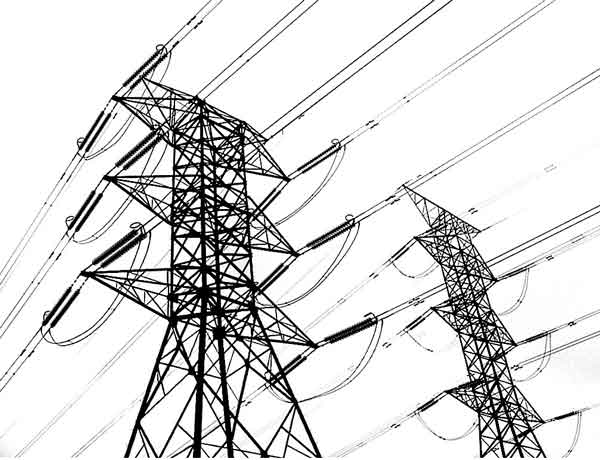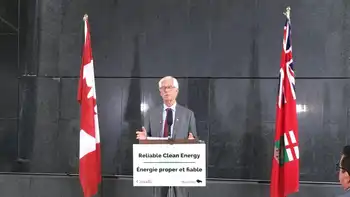PSC orders utilities to improve reliability infrastructure
By Maryland Public Service Commission
Substation Relay Protection Training
Our customized live online or in‑person group training can be delivered to your staff at your location.

- Live Online
- 12 hours Instructor-led
- Group Training Available
Maryland was among several Mid-Atlantic states affected by the June 29, 2012, Derecho storm, which caused extensive outages to customers of Baltimore Gas and Electric Company, Delmarva Power & Light Company, Potomac Electric Power Company, the Potomac Edison Company, Southern Maryland Electric Cooperative, Inc. and Choptank Electric Cooperative. At its peak, approximately 992,000 customers across the state experienced outages.
Fallen trees or limbs that interfered with overhead distribution lines accounted for approximately 32 million hours of service interruption. In its proceedings for Case 9298, the Commission reviewed the performance of these utilities in the hours before, during, and after the storm conducted evidentiary hearings and held eight public hearings in the territories affected. Written and public comments expressed concern over recurring outages in certain areas, the lack of reliable estimated times of restoration ETRs and adequate staffing. As such, the CommissionÂ’s order creates a framework for developing and implementing substantive improvements.
Although the companies were not found in violation of the Public Utilities Articles or the Code of Maryland Regulations COMAR, the Commission did find "that a significant and unsatisfactory disconnect exists between the publicÂ’s expectations of distribution system reliability...and the ability of the present-day electric distribution systems to meet those expectations." The performance data regarding this storm and throughout the year will be reflected in the CompaniesÂ’ annual reliability reports, which they must submit by April 1, 2013. The Companies are required to restore 95 percent of all customer outages within 50 hours, as well as meet other objective standards described in regulations.
In the order, the Commission directed utilities to develop plans to harden the distribution system within five years, and to consider the suggested methodologies recommended by Governor OÂ’MalleyÂ’s Grid Resiliency Task Force.
Longer-term measures are also addressed in the order. For example, utilities must undertake a comprehensive review of their respective systems to determine how the duration of outages after all major outage events can be reduced to an acceptable level, using a cost-benefit analysis.
The Commission also ordered utilities to "perform a three-part analysis of its distribution system staffing: 1 an historical analysis 2 a detailed analysis of personnel dispatched during the Derecho and 3 an assessment of its Major Outage Event preparedness, based on current staffing levels."
These analyses will include data on personnel who are able to restore service to 95 percent of customers within a specified time frame. To help improve restoration times and communications with customers, particularly people with certain medical conditions and the elderly, utilities will participate in work group sessions with Commission staff to develop a framework for the manner and type of information conveyed during emergencies with respect to these vulnerable populations. A report detailing findings and recommendations will be submitted to the Commission, which should include any recommendations to change existing statutes or regulations.
Finally, the Commission will use its rulemaking authority to enhance communication and reliability standards. To address the problems associated with restoration times, new regulations will create objective standards to establish and update ETRs. With respect to feeders, the Commission has ordered revisions to COMAR, noting that “requirements to remediate poorly performing feeders should be strengthened so the effects of Major Outage Events do not repeatedly recur in select areas.”











